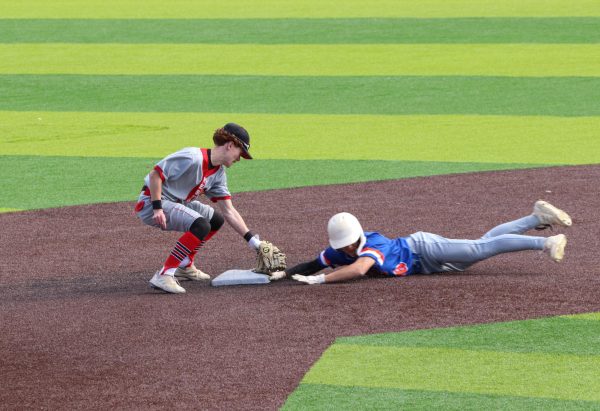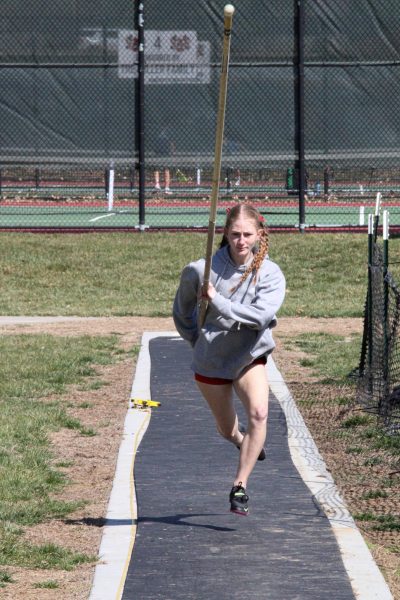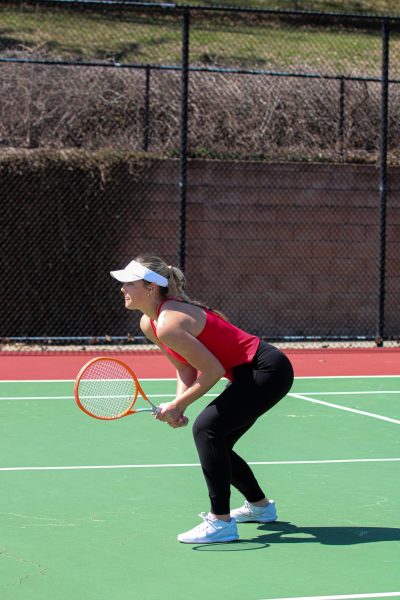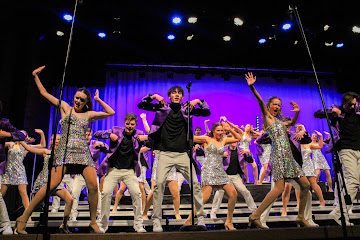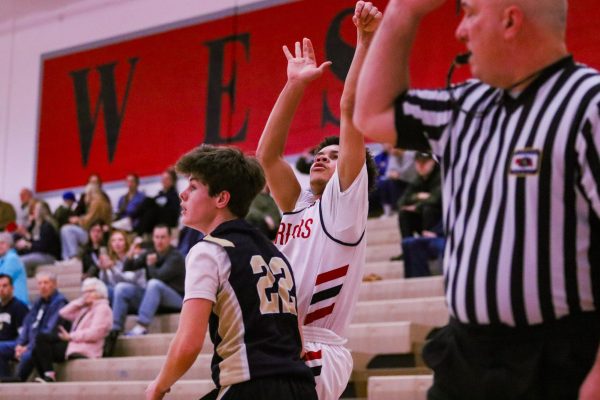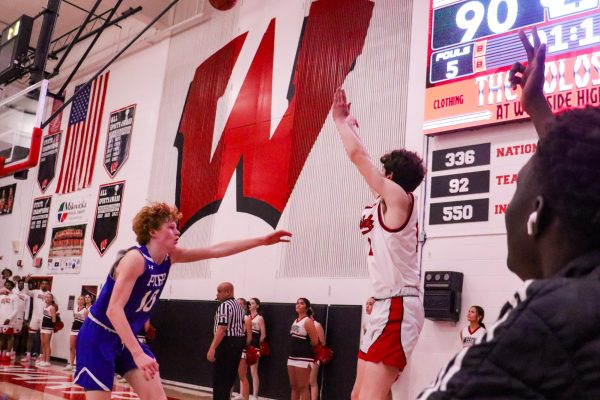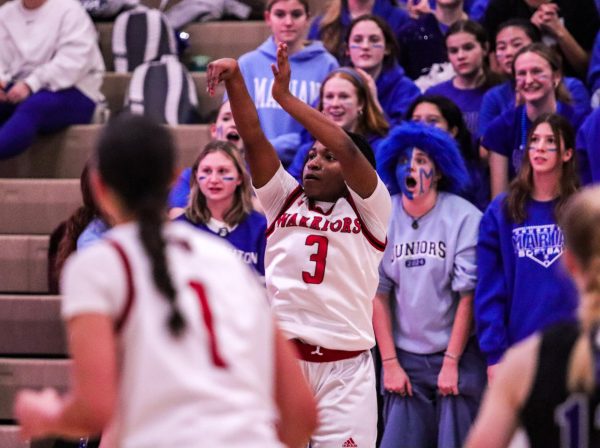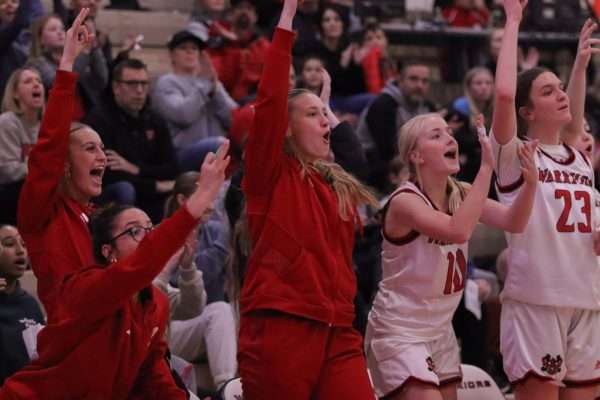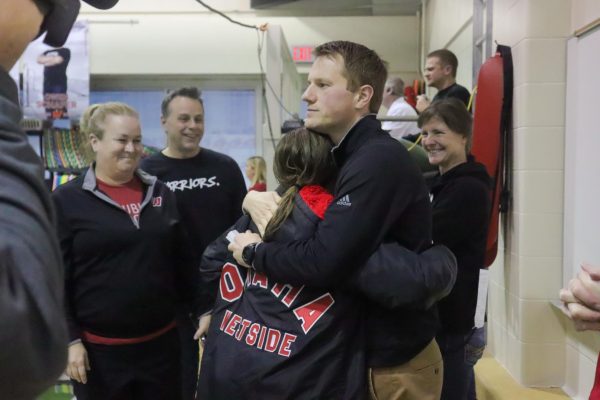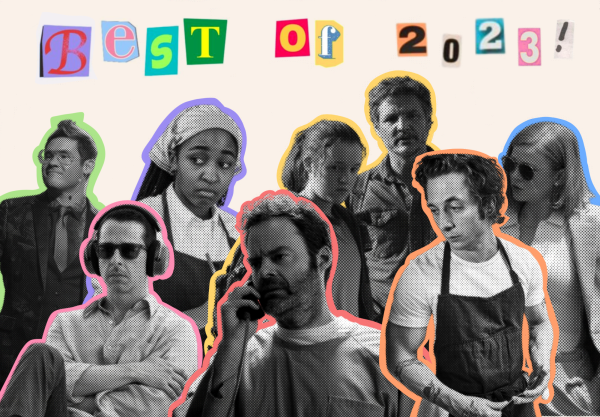Social studies department aims to create global citizens through curriculum
The social studies department focuses on preparing students for the future by showing different perspectives of historical events.
Westside High School’s social studies curriculum covers a vast array of subjects in varying levels of intensity, all meant to prepare students to enter the outside world with a good knowledge of historical national and international happenings.
Classes like Current Events dedicate themselves to the discovery and discussion of events going on in the present day. With an ever growing focus on schools preparing students to become world citizens, the social studies department has a tough job maintaining the relevancy of the curriculum.
Senior Hayden Jones values the department, but thinks improvement could be made.
“There’s so much more than just, you know, history and politics in the world,” Jones said. “You know, it doesn’t really give a very good outlook on what is going on right now. It’s focused on history and the only class that really focuses on current events is Current Events.”
From Jones’ perspective, the way the department carries out its goals could use an update.
“They want us to form our opinions and be good citizens, but I don’t think we spend enough time learning about other cultures currently and governments to really have a say on or really have an opinion on any of it,” Jones said. “So I think if they spent a little bit more time teaching us, you know, why certain things are [existent], [or exposed us to] certain viewpoints, we may be a little more educated on society.”
Social Studies Department Chair Robert Brousek said the department provides many opportunities for students to gain a more current global perspective, such as the Global Geography course.
“[All] within a semester, our students are looking at the different regions of the world, specifically human populations and characteristics, cultures and so on,” Brousek said. “The projects that are assigned to those students [in Global Geography] try to provide a more global perspective.”
Brousek said that there are many things considered when creating changes to the curriculum in order for it to provide the best learning experience for students.
“Leaving high school, what types of experiences [and] perspectives should we try to help [students] have some proficiency or in dealing with as they go out into the world?” Brousek said. “Do we need to have a conversation and a more serious look at what content really needs to be tweaked and changed in our delivery to make sure that it is truly preparing them for the realities and challenges that [they’ll face] and our early 21st century face?”
Brousek said the department accomplishes this goal by providing historical perspectives that allow students to compare the past with the present.
“[We’ve made] a curriculum that tries to give students an international global perspective of citizenship and how our economy is different now than it had been 50 or 60 years ago, and their place in it, as well as understanding global events and the role they play in our lives even though they might be occurring thousands of miles away,” Brousek said. “I think that is something that we do a pretty fair job of doing; I’m proud of the offerings that we deliver.”
Though the department aims to foster an interest in current events, Brousek also said a following up of current developments is up to students.
“I have found that most of our students are pretty well in touch with not only local events, but national events, and to some degree international events,” Brousek said. “I would say in general, that international events are probably something that, just because of the teenage years, are something that most students don’t have as much comfort level with. But overall, I’d have to say I’m pretty pleased with the amount and to the degree of which our students follow national and international events. Of course, coming from the role of a social studies teacher, I don’t think that could ever be enough. I think that it’s wise for any person at any age to be more attuned to the ongoings and events and developments in our nation and our world.”
Jones participates in class, but outside of the social studies courses, he doesn’t pay much attention to world events.
“I don’t care about foreign affairs,” Jones said. “There’s so much going on in Omaha, and in my life. If I was maybe taking a job or working with [social studies], I’d have some interest or at least to look [at foreign affairs] but right now when I can’t do anything [about it], there’s no point in staying super active and up to date.”
Brousek said that the lack of attention to world affairs comes from a naturally self interested standpoint.
“It just happens to be the way that the human brain is, and when a person is younger, the stimulus and the focus is on the ‘me’,” Brousek said. “That doesn’t necessarily leave you even when you become adulthood. I think there’s a general trend to have people care about what’s going around them and what immediately affects them. [That’s] far more important to a person than what is going on in a place far away.”
Brousek said a sense of immediacy also impacts how much people of all ages value current events.
“Whether you’re talking about adults or youth, you know, teenagers, there’s just a tendency to be concerned with the immediacy of the here and now for what’s impacting [themselves] and you know, [their] surroundings,” Brousek said. “And so there is a tendency to ignore or not maybe even ignore, but just to say, well, ‘I can’t really do anything about it, so I’m not going to pay as close attention’, or ‘it’s so far beyond me to understand because I don’t live in that part of the world or it’s not immediately affecting my daily life that I will not pay as close attention to [it].’”
Brousek said that creating a curriculum dedicated to fostering an interest in current world events is difficult, but that he wants students to understand the value of social studies.
“I think it’s an ever present challenge that teachers, specifically in my discipline, have to help make our curriculum much more engaging,” Brousek said. “That is why we as educators, specifically the social studies department, need to help our students understand that even though that immediacy might not be there in our initial reaction, a person needs to have more of a global international understanding and should then take some effort to understand those events and developments because of the larger issues that might be in play or the impacts that might have. Not in the immediate future, but in the long term future of our world.”
Your donation will support the student journalists of Omaha Westside High School. Your contribution will allow us to purchase equipment and cover our annual website hosting costs.
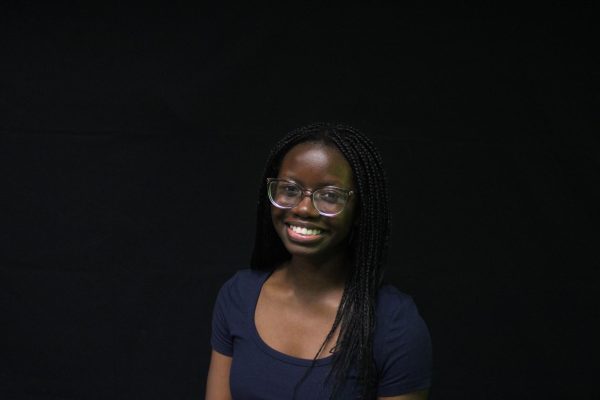
Hi! My name is Tanatswa Chivero, and I am a Co-Editor in Chief for Wired. I am currently a senior, and this is my fourth year in journalism. If you have...



